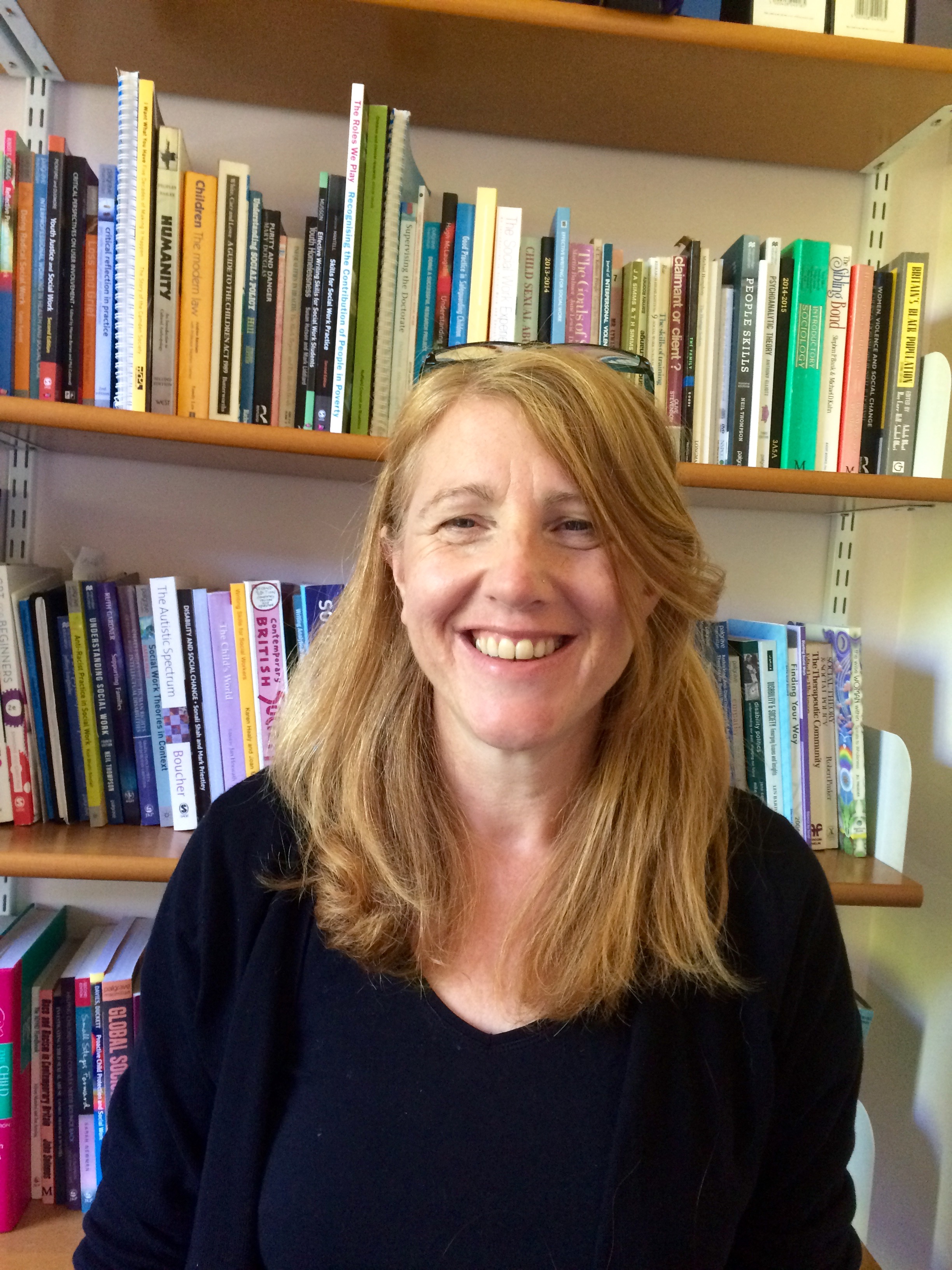A website to support people who are vulnerable to forced marriage has been launched by the University of Nottingham today, during Learning Disability Week (14 - 20 June 2021).
Academics in the university's Centre for Social Work, in the School of Sociology and Social Policy, created the support hub following their study investigating the forced marriage of adults with learning disabilities.
Their research, 'My Marriage, My Choice', funded by the National Institute for Health Research (NIHR) found that people with learning disabilities, their families, and professionals involved in their care, needed a resource to help prevent forced marriages and safeguard potential victims. The new resource is funded by the Economic and Social Research Council's Impact Acceleration Account.
The experts say that the forced marriage of people with learning disabilities can often present differently to forced marriage of people without learning disabilities, which can mean it is difficult for practitioners to recognise when someone is at risk.
The website provides resources for victims and their families; marriage and civil partnership registrars; policy makers and researchers; and professionals who work with those with learning disabilities. There is also a short film that explains forced marriage, designed for people with learning disabilities, family members, carers and friends. It can be viewed in English, Hindi, Urdu or Sylheti.
The researchers have developed materials such as practice guidelines with frontline practitioners and a toolkit to support workers in assessing capacity to consent to marriage.
As part of the study, led by Rachael Clawson, Director of the Centre for Social Work, experts interviewed people with learning disabilities, their families and community/faith leaders to understand the context in which forced marriages can occur.
The experts found that men and women with learning disabilities are equally likely to be victims of forced marriage. The reasons for people with learning disabilities being forced to marry are most often associated with a desire on the part of families to secure permanent care, but can also be associated with cultural misunderstandings of the nature of disability.
The website explains that a forced marriage is where one or both people do not, or cannot, consent or agree to the marriage and, for people with learning disabilities, forced marriage can take place in two ways:
- The person cannot consent to marriage because they don't understand what marriage is about.
- The person is forced to marry someone when they don't want to.
Rachael Clawson said: "Forced marriage happens to people with learning disabilities who may or may not have capacity to consent to marriage and who may be more at risk of being tricked or coerced into marriage than people without learning disabilities."

From our research, we know sometimes these circumstances can be difficult to spot and there is a lack of awareness that the act of forcing someone to marry is a crime. The new website is a support hub for all those involved, including Marriage and Civil Partnership Registrars as well as Policy Makers. It will both raise awareness of the issue and provide much needed information and support for people at risk and professionals working with them.






